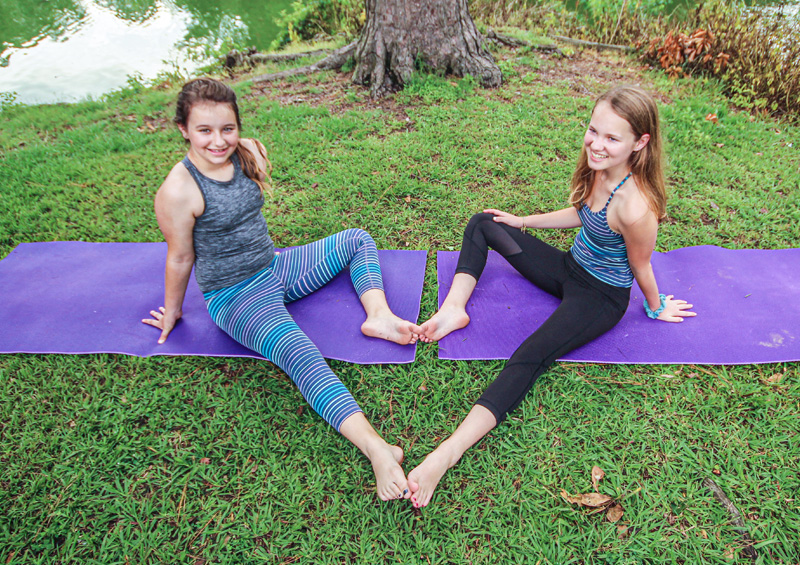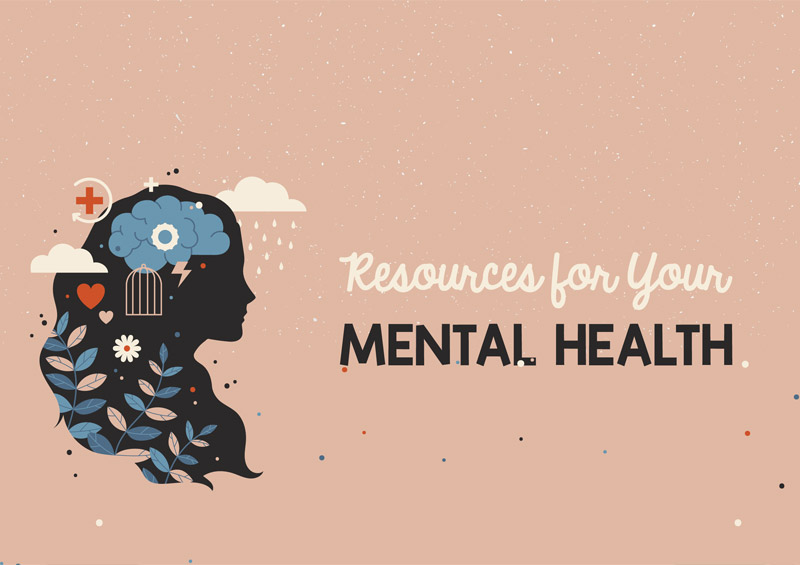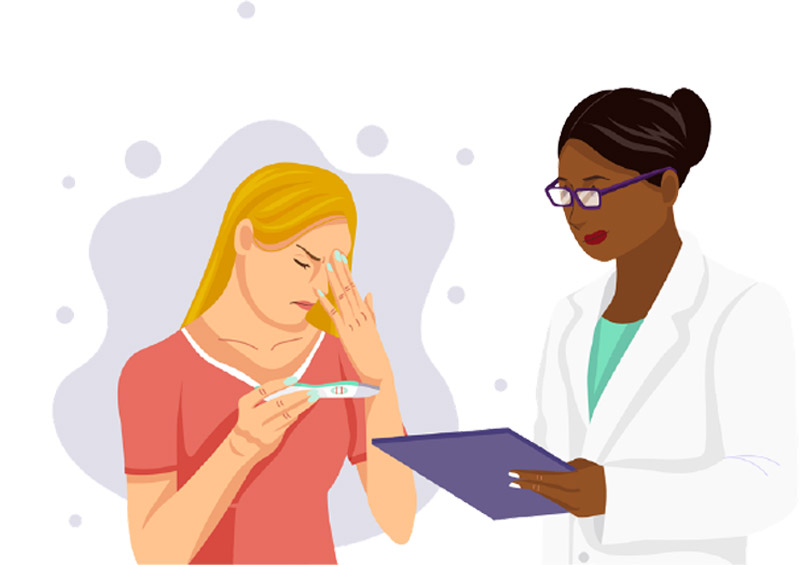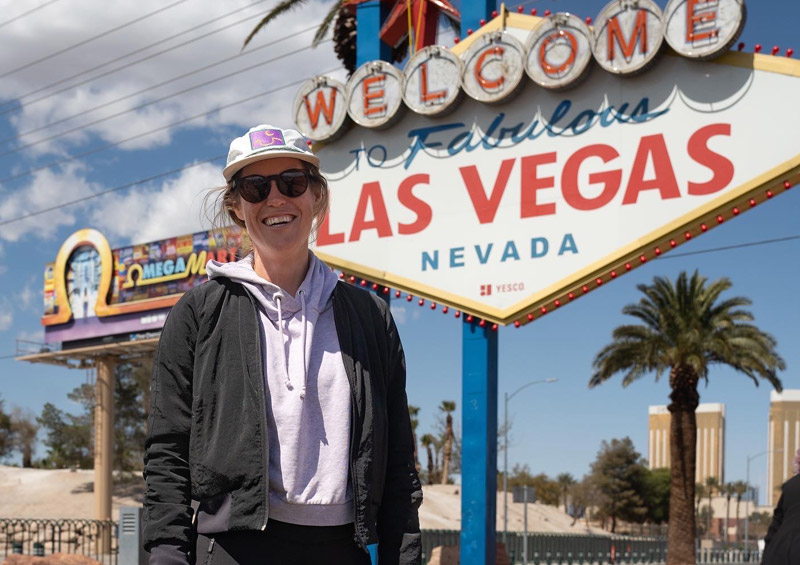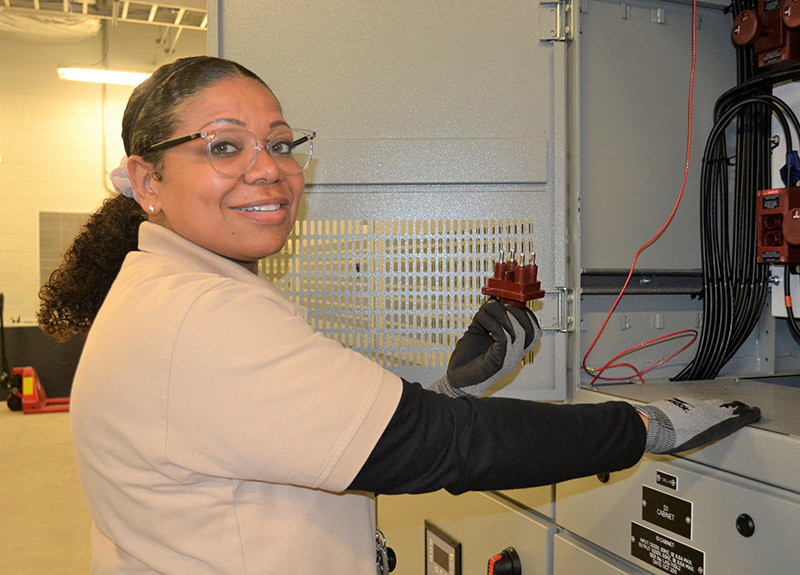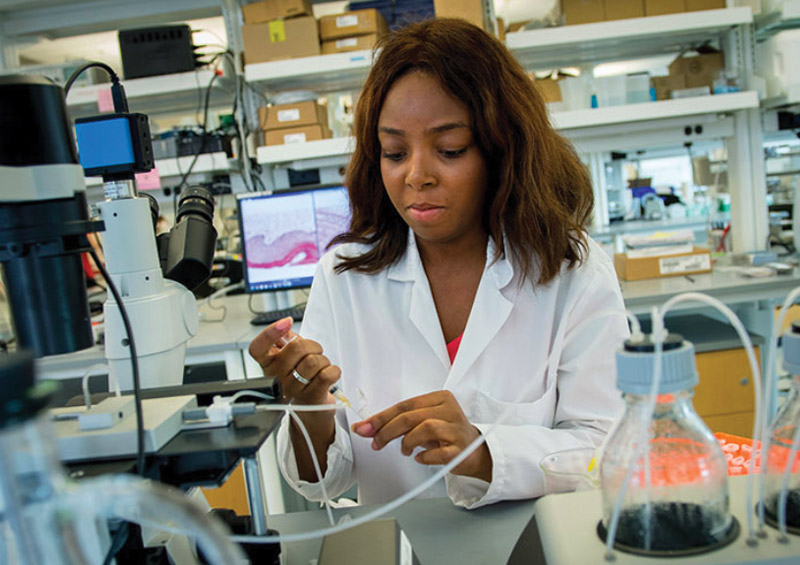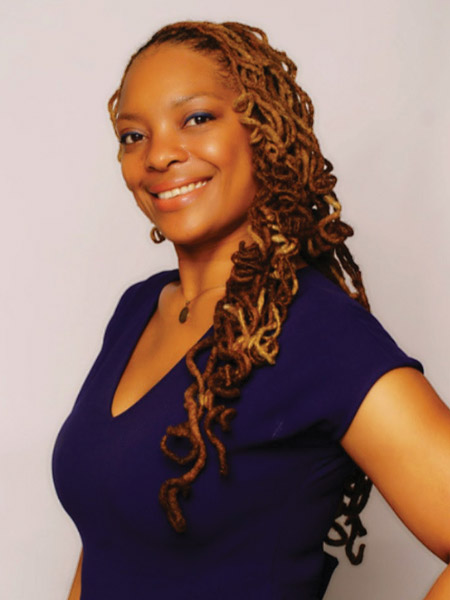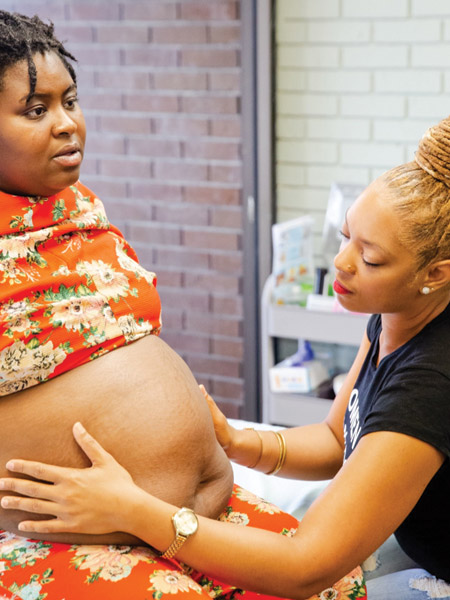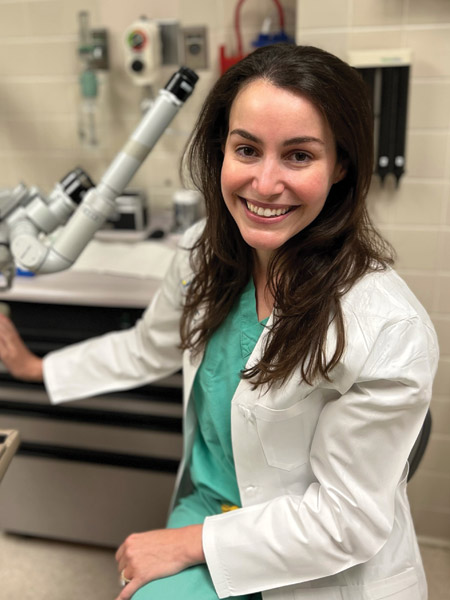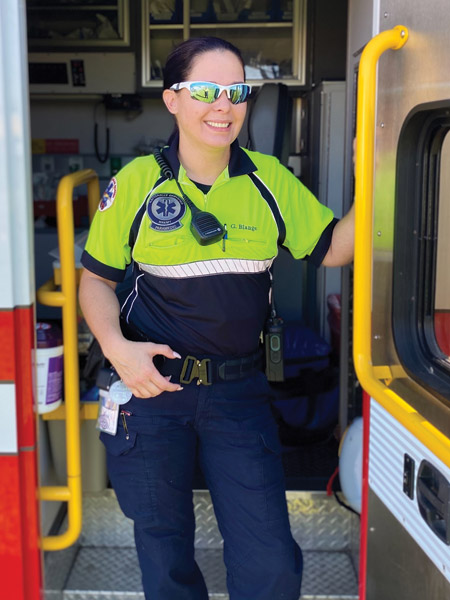Professional Journey:
Ten years ago, I was a senior in high school with a vague professional trajectory. I took an assessment for career paths that best suited my interests. One of the suggested careers was biomedical engineering. I had no idea what a biomedical engineer does. However, my dad was a mechanical engineer, so I knew engineers use math and science to solve world problems. I eventually learned that a biomedical engineer analyzes and designs solutions to problems within biology and medicine to improve the quality and effectiveness of patient care. I enjoyed math and science and was drawn to the idea that I could use the two to address medical problems. Many people in my family suffered from sickle cell anemia, and I viewed this career path as an opportunity to help my family.
I initially studied mechanical engineering as the college I attended did not have a biomedical engineering program. Throughout college, I participated in various research opportunities. These amazing experiences solidified my interest in research and pursuing more education in biomedical engineering, which eventually led me to where I am now, the Biomechanics of Growth and Remodeling Laboratory at Tulane University.
Typical Workday
The day-to-day life of a biomedical engineer varies a lot based on the job and role. Some biomedical engineers work within large companies in private industry, small start-up technology companies, the government, or research laboratories. I work as a research engineer in a laboratory to better understand and treat medical conditions associated with the female reproductive system. I work closely with other biomedical engineers, doctors/surgeons, and scientists.
My typical workday consists of dissecting vaginal tissue from an animal model (e.g., mouse). Then I use a mechanical testing device to quantify how stretchy the vagina is. With this device, I am able to measure how much the vagina’s geometry (e.g., outer diameter) changes as the device increases the pressure inside the vagina. This allows me and my co-workers to determine how the vagina’s mechanical properties change with normal processes, such as pregnancy and aging, and with a disease known as pelvic organ prolapse, which is characterized by the descent of the pelvic organs (e.g., uterus, bladder, rectum) into the vagina. After the experiment, I process the data, make graphs, and analyze the data.
Throughout the week, I attend meetings with the other biomedical engineers, doctors, and scientists. Some days involve preparing presentations or writing papers to report the findings and get published in journals. I also sometimes travel nationally and internationally to present my research findings to individuals in STEM from all over the world.
Necessary Qualifications
A bachelor’s degree in biomedical engineering or another engineering field can be enough to get a good job in the industry. Biomedical engineers who are involved in scientific research generally hold a master’s or doctoral degree.
Must-Have Skills
I believe that hard work, dedication, open-mindedness, innovativeness, and out-of-the-box thinking make you a successful biomedical engineer. Furthermore, being a team player, compassionate, and selfless is very important as engineers work in teams to achieve a common goal.
My most valuable experience along this journey was stepping out of my comfort zone. I wanted to conduct research on sickle cell anemia, but along the way, I came across women’s reproductive health and decided to give it a shot. My work, research, and life experiences recently led me to start my own nonprofit organization, tecH2er Inc., to provide awareness and equal access to women’s health technology and products. I have created a database on a centralized platform (tech2er.com) for women’s health products that are easily accessible on the market. I believe I would not be where I am today if I had not stepped out of my comfort zone to explore something that was of interest to me.
Outside of technical skills (coding, design, computer modeling, troubleshooting, building, data analysis, etc.) that you hone along your journey to becoming an engineer, I am learning that soft skills are just as important. Your soft skills (emotional intelligence, presentation skills, active listening, writing skills, etc.) allow you to adapt to different people and situations and be an effective communicator and leader within your field. While working on developing your technical (hard) skills, do not forget to shine some light on your soft skills.
Most Challenging
A not-so-fun part is all the writing. While not all biomedical engineers write a lot, for my role writing is critical because that is how we present research findings to the world.
Most Fun
What excites me the most about biomedical engineering is being able to impact people’s lives by improving health. Knowing that what you are doing today will significantly impact someone’s life in the future is a great feeling. The most fun thing about my job is the people. I am constantly learning from the other engineers and scientists I work with.
One of my favorite projects was my senior design project in college. We took everything we had learned from books over the past four years and applied it to address a real problem. This was the first time I truly felt like an engineer. My team and I built a mechanical structure that allowed researchers and doctors to attach a surgical medical robot to an operating table to test and evaluate the robotic system in a surgical environment. We designed, manufactured (sawed, drilled, welded, etc.), and tested (in CAD software and in person) the mechanical support system for the surgical robot. Surgical robots—which are designed and built by biomedical engineers—are transforming how surgery is performed as they allow surgical operations to be carried out with great precision and allow remote surgery where a surgeon is not physically present with the patient.
Common Misconception
That you have to have a degree in biomedical engineering to work in this field. Biomedical engineering is built on the fundamentals of the traditional engineering fields, such as mechanical, electrical, and computer engineering/science. A degree in these areas is suitable for many biomedical engineering positions. If you are interested in the traditional fields of engineering, you can take courses like biology, organic chemistry, anatomy, physiology, etc. as electives to fill the scientific knowledge gap. In the traditional engineering fields, you learn a lot about that particular discipline (more depth); with biomedical engineering, you learn a little about all the traditional fields of engineering (more breadth).
Work-Life Balance
It varies and depends on the company and your role. Sometimes, my role can be very demanding, resulting in very long hours. I had to learn to be intentional about making time for myself, family, friends, and other things that I care about.
On Being a Woman in the Field
Based on my experience, I would say that biomedical engineering is one of the least male-dominated industries compared to the other engineering fields. A study in 2018 showed that 45.5% of bachelor’s degrees in biomedical engineering were awarded to women but only 14.8% for mechanical engineering. Environmental engineering has the most bachelor’s degrees awarded to women at 50.6% and computer engineering the least at 13.3%. I am fortunate to work with other women and have a female supervisor, but there is still a lack of women in leadership roles in biomedical engineering.
Advice
My advice is to identify your passion. Honestly, during high school, many students do not know exactly what they want to do professionally, but if you can identify what you enjoy doing or learning, it can help guide you in your decisions. And if something sounds interesting, take the opportunity to explore it! You never know where it might lead you and what doors may open. At this age, you have nothing to lose but much to gain.
All things are possible! Do not let anyone or anything discourage you. Write down your goals, read them daily, and shoot for the stars. It is going to be a long and challenging journey, but you can do it. Always remember your why and never give up!




